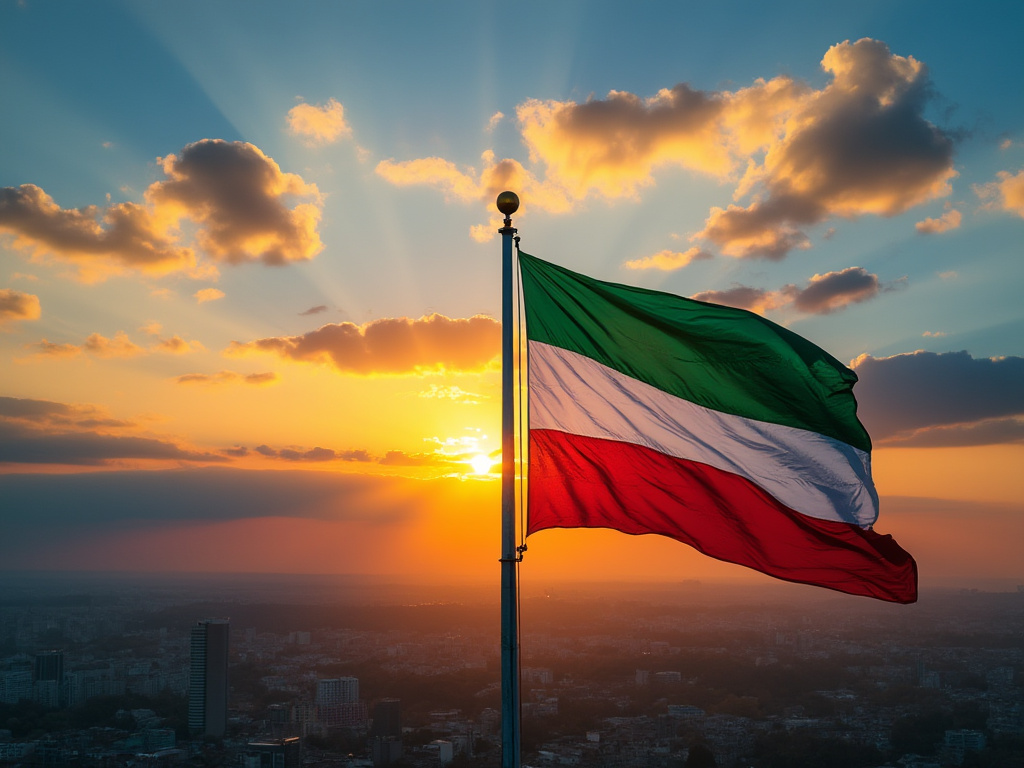Lithuania, known as Lietuva in its native language, is often celebrated as “Europe’s best-kept secret.” With its rich cultural heritage, breathtaking landscapes, and welcoming communities, Lithuania offers a unique and rewarding environment for TESOL teachers. Teaching English in Lithuania not only provides an opportunity to contribute to the country’s growing interest in English language proficiency, but also allows you to immerse yourself in a nation with deep-rooted traditions and intriguing history.
Why Teach English in Lithuania?
For TESOL teachers looking for an authentic European experience, Lithuania is an ideal destination. The country is steadily increasing its demand for English-speaking professionals as it strengthens its ties with international communities and expands its economy. Schools, universities, and private language institutions are keen to offer English education to students, professionals, and even younger learners, preparing them for global opportunities.
Fun Fact: Lithuania is one of only three Baltic states, along with Latvia and Estonia, and it has a unique cultural and linguistic heritage. Lithuanian, the official language spoken by around 80% of the population, is one of only two living Baltic languages, the other being Latvian. Interestingly, Lithuanian is often cited as one of the oldest languages in Europe, with linguistic roots that trace back to ancient Indo-European origins.
Teaching Opportunities and Requirements in Lithuania
Teaching positions in Lithuania can be found in various settings, from public schools to private language centers and international universities. English teachers are in demand as more Lithuanians seek language skills to improve their career prospects or pursue education abroad.
Qualifications:
- TESOL/TEFL Certification: Most employers require a TESOL or TEFL certification, ensuring that teachers have a solid foundation in English language instruction.
- Bachelor’s Degree: While a degree is often preferred, it is not always mandatory, depending on the institution. However, having one can make you more competitive in the job market.
- Work Visa: Non-EU teachers will need a work permit to teach in Lithuania. Many reputable schools and language centers are willing to assist with the visa application process.
A Glimpse Into Lithuanian Culture and Lifestyle
Living and teaching in Lithuania offers TESOL teachers a unique opportunity to explore a rich, historical culture. Lithuania’s cities are filled with a blend of medieval architecture and modern amenities. Vilnius, the capital, is a UNESCO World Heritage Site with stunning baroque architecture, cobblestone streets, and a vibrant arts scene.
Lithuania is known for its festivals, music, and folklore. Traditional music and dance remain an important part of Lithuanian culture, with events celebrating everything from folk traditions to jazz and contemporary arts. Teachers will find plenty of ways to engage with the local culture, from attending events to exploring Lithuania’s beautiful countryside.
Fun Fact: One of Lithuania’s most unique festivals is the Užgav?n?s, a traditional pre-Lenten celebration where people dress up in masks, enjoy lively music, and eat pancakes. It’s meant to scare away winter and welcome the coming spring!
Exploring Lithuania’s Lesser-Known History
Lithuania has a fascinating history that few people outside Europe are familiar with. In the 14th century, the Grand Duchy of Lithuania was one of the largest and most powerful empires in Europe, stretching from the Baltic Sea to the Black Sea. Despite facing many challenges over the centuries, Lithuania retained its cultural identity and achieved independence from the Soviet Union in 1990, becoming one of the first Soviet republics to declare independence.
Today, Lithuania is a proud member of the European Union and has rapidly modernized while preserving its historical heritage. This deep-seated sense of national pride and resilience is evident in the warm and welcoming attitude of Lithuanians toward visitors and teachers alike.
Fun Fact: Lithuania was the first country to declare independence from the Soviet Union in 1990, leading the way for other Baltic states to regain their freedom.
Teaching Tips for TESOL Educators in Lithuania
Here are a few tips for TESOL teachers to make the most of their experience teaching English in Lithuania:
- Understand the Importance of Tradition: Lithuanians place a high value on their history, traditions, and customs. Incorporate discussions on Lithuanian culture into your lessons to create a connection with your students and show respect for their heritage.
- Use Visual Aids: Given that many students are visual learners, particularly younger ones, using visual aids and multimedia can make lessons more engaging and memorable. It’s also a great way to bridge any language gaps.
- Create Real-Life Applications: English is seen as a gateway to international business and study opportunities. Incorporate real-life situations that are relevant to students’ lives, such as business English or academic preparation, to make your lessons practical and valuable.
- Engage with the Community: Lithuanians are known for their hospitality and kindness. Attend local events, explore traditional festivals, and don’t hesitate to learn a bit of Lithuanian to connect with your students and the community. Even learning a few phrases like “a?i?” (thank you) goes a long way!
Fun Fact: Lithuanians believe in the power of language and storytelling. One of their most beloved national epics is “The Tale of the Iron Wolf,” a story that explains the founding of Vilnius and reflects the country’s deep connection to its mythology and legends.
Living in Lithuania: Lifestyle and Cost of Living
Compared to other European countries, Lithuania offers a relatively affordable cost of living. This is especially appealing to TESOL teachers, who can enjoy a comfortable lifestyle on a teacher’s salary. The cost of housing, food, and transportation in Lithuania is generally lower than in Western Europe, making it possible for teachers to save while also exploring the country’s attractions.
Lithuania’s climate offers distinct seasons, from snowy winters to warm, green summers. Outdoor enthusiasts will enjoy the country’s national parks, forests, and lakes, which provide year-round recreational activities like hiking, kayaking, and skiing.
Fun Fact: Lithuania has over 6,000 lakes, making it a paradise for anyone who loves water sports and nature. Aukštaitija National Park, one of Lithuania’s oldest parks, is filled with forests, rivers, and lakes, perfect for weekend getaways.
Opportunities Beyond the Classroom
Teaching in Lithuania gives you the chance to make a lasting impact in a country that deeply values education. Many of your students will be eager to learn English to pursue further studies or enhance their career options, and your role as an educator will be vital to their success. Beyond teaching, Lithuania offers endless opportunities to learn, grow, and experience the unique culture, landscapes, and heritage of this Baltic treasure.
As you explore Lithuania’s towns and countryside, you’ll find friendly communities, beautiful architecture, and a way of life that blends the past with the present in remarkable ways. From tasting traditional dishes like cepelinai (potato dumplings) to joining in local festivals, teaching in Lithuania is as much about cultural exchange as it is about language instruction.
So, are you ready to explore Europe’s best-kept secret? Teaching English in Lithuania offers TESOL-certified teachers a chance to dive into a country where tradition meets modernity, history meets future possibilities, and every day brings a new adventure. Whether in the classroom or out exploring, Lithuania invites you to become part of its story, make an impact, and take home memories that will last a lifetime.



